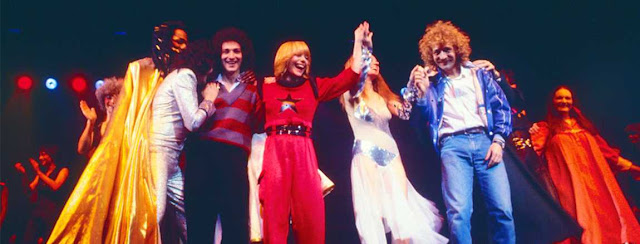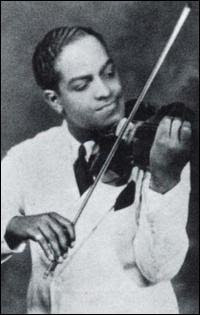Bobbi Martin (November 29, 1943 – May 2, 2000) was an
American country and pop music singer, songwriter, and guitarist.
Born Barbara Anne Martin in Brooklyn on November 29,
1938, but grew up and began her singing career in Baltimore, working her
way up from local venues onto the national nightclub circuit. Bobbi began her recording career with the tiny Maypole Records in 1960 with the release (Ay Ay Ay) I'll Wait Forever/Is It True. It did well enough on a regional basis to get her a deal with Decca's Coral subsidiary in 1961, where she would experience almost four years of frustration trying to land that one breakthrough national hit until she released her debut album, Don't Forget I Still Love You.
way up from local venues onto the national nightclub circuit. Bobbi began her recording career with the tiny Maypole Records in 1960 with the release (Ay Ay Ay) I'll Wait Forever/Is It True. It did well enough on a regional basis to get her a deal with Decca's Coral subsidiary in 1961, where she would experience almost four years of frustration trying to land that one breakthrough national hit until she released her debut album, Don't Forget I Still Love You.
The title track was a hit in the U.S., peaking at No. 2
on the Easy Listening (adult contemporary) chart and No. 19 on the Billboard
Hot 100. A follow-up single "I Can't Stop Thinking of You", first
introduced on the nationally televised Dean Martin Show won her the Cashbox
Disc Jockey Poll as Most Promising Female Vocalist of 1965.
Judging from the results of her next eight Coral singles,
at least insofar as the Hot 100 was concerned, it looks like the effects of the
British Invasion finally took hold (as it did on quite a few other North
American artists), although she clearly had established a loyal following within
the Easy Listening market. Then, in October 1966, her cover of the 1958 Don Gibson
hit, Oh, Lonesome Me, reached # 64 Country and # 134 Hot 100 Bubble and then
two more failed releases following which she was dropped by Coral in early
1967.
 Next stop was United Artists where she again experienced
frustration with five straight failed releases, most of which were covers
of old hits: While popular at nightclubs in Miami Beach, New York, Las Vegas
and Puerto Rico, and on TV appearances with the Jackie Gleason, Ronnie Dove,
Tonight, and Dean Martin Shows, it would be 5 years before she scored another
hit with "For the Love of Him", from the album of the same name. This
song went to No. 1 on the Adult Contemporary chart and No. 13 on the Hot 100. Bobbie toured with Bob Hope on his 1970 USO
military Christmas Show in Vietnam.
Next stop was United Artists where she again experienced
frustration with five straight failed releases, most of which were covers
of old hits: While popular at nightclubs in Miami Beach, New York, Las Vegas
and Puerto Rico, and on TV appearances with the Jackie Gleason, Ronnie Dove,
Tonight, and Dean Martin Shows, it would be 5 years before she scored another
hit with "For the Love of Him", from the album of the same name. This
song went to No. 1 on the Adult Contemporary chart and No. 13 on the Hot 100. Bobbie toured with Bob Hope on his 1970 USO
military Christmas Show in Vietnam.
The singer charted with many smaller regional, Bubbling
Under Hot 100 and Easy Listening chart records up to 1972. But while she would
then retain her new-found popularity with the Easy Listening audience for the
next little while, the Hot 100 would more or less elude her.
In 1971 she got married and resurfaced at Buddah Records
where she charted with two records Tomorrow and Something Tells Me (Something's
Gonna Happen Tonight). It was also during that year she lost her mother to
cancer. Then more tragedy struck when she lost her voice due to swelling of her
vocal chords.
 In 1975 she had a daughter and she tended to family life
in Dallas, but by 1981 her marriage fell apart and she lived off the remnants
of “For The Love of him” royalties. She worked painstaking hours with a vocal
coach and gradually her singing voice returned. She continued recording into
the early 1980s and after which she retired and sold real estate.
In 1975 she had a daughter and she tended to family life
in Dallas, but by 1981 her marriage fell apart and she lived off the remnants
of “For The Love of him” royalties. She worked painstaking hours with a vocal
coach and gradually her singing voice returned. She continued recording into
the early 1980s and after which she retired and sold real estate.
Martin died of lung cancer on May 2, 2000 at the Brighton
Wood Knoll medical facility in Baltimore. Martin had one daughter, Shane
Clements.
(Compiled and edited from Wikipedia,Amazon & Times
Herald-Record)

















































